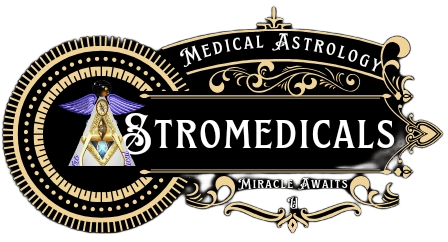Nutrition and dietetics involve the provision of expert guidance and support in making informed and personalized dietary choices. To improve overall health, manage specific health conditions, achieve weight goals, and optimize nutrition. Here are some key aspects of nutrition and dietetics services:
Nutritional Assessment:
A registered dietitian or nutritionist conducts a comprehensive assessment of an individual’s dietary habits, medical history, lifestyle, and specific nutritional needs. This assessment helps identify areas of improvement and sets the foundation for personalized nutrition recommendations.
Personalized Meal Planning:
Based on the individual’s goals, dietary preferences, and nutritional requirements, a nutrition professional creates a customized meal plan. This plan takes into account factors such as calorie needs, macronutrient distribution, portion sizes, and specific dietary considerations (e.g., food allergies, intolerances, or cultural preferences).
Nutrition Education:
Nutrition and dietetics services provide evidence-based education on various aspects of nutrition, including the importance of balanced diets, nutrient-rich foods, portion control, label reading, and healthy cooking methods. Clients gain knowledge about the role of different nutrients in the body and how to make informed choices for optimal health.
Weight Management:
Nutrition professionals help individuals achieve and maintain a healthy weight through personalized strategies. This may include creating a calorie-controlled meal plan, promoting behavior change, setting realistic goals, and providing ongoing support and accountability.
Medical Nutrition Therapy:
Nutrition and dietetics services also encompass medical nutrition therapy, which involves managing and preventing chronic conditions through targeted nutrition interventions. Dietitians work with individuals with conditions such as diabetes, heart disease, gastrointestinal disorders And food allergies to optimize their nutritional status and improve overall health outcomes.
Behavioral Change Support:
Nutrition professionals provide guidance and support to help individuals overcome barriers and make sustainable changes in their eating habits and lifestyle. They may use behavior change techniques, such as goal setting, self-monitoring, and problem-solving, to promote long-term adherence to healthy eating patterns.
Sports Nutrition:
Nutrition and dietetics services often cater to athletes and active individuals. By optimizing their dietary intake to support performance, recovery, and overall athletic goals. This includes recommendations for nutrient timing, hydration, and fueling strategies specific to different sports and training needs.
It is important to consult a registered dietitian or licensed nutritionist for nutrition and dietetics services. These professionals have undergone specialized education and training, ensuring they provide evidence-based and individualized recommendations. They can work collaboratively with individuals to address their unique needs, preferences, and health goals.






